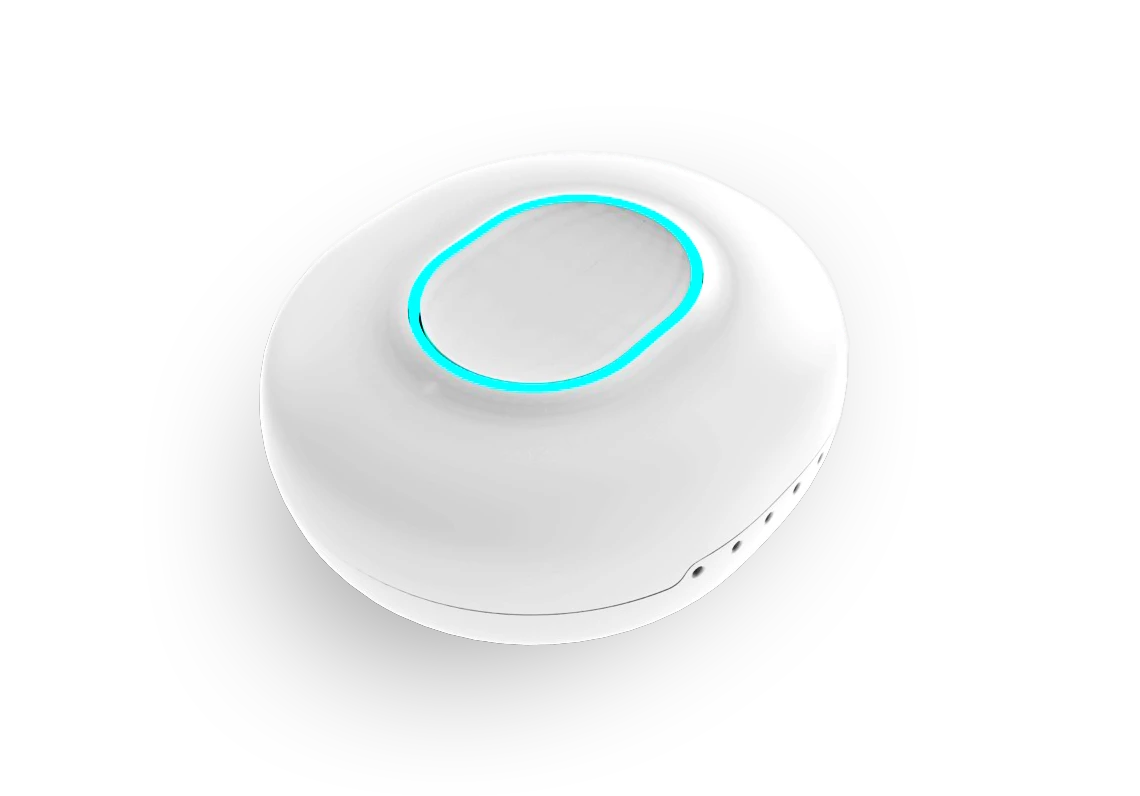While it's not against the law to smoke cigarettes in most parts of the world, there are still a lot of places where smoking is prohibited – workplaces, hotels, public housing, college dorms, jails – and a whole lot of smokers who still like to sneak in a cheeky one on the sly. That could become a lot more difficult with the release of the AirGuard, a sophisticated smoke detection unit that can either be hand held or fixed to a wall, and that can send out a Wi-Fi alert when tobacco or marijuana smoke is detected.
AirGuard is the work of FreshAir Sensors, a New Hampshire company founded on the research of Dartmouth Professor of Chemistry Joe DelBruno. We've covered an early iteration of DelBruno's work before, when he built a portable sensor to record data on secondhand and thirdhand tobacco smoke exposure (thirdhand smoke is that which sinks into clothes, furniture and the like, and is then re-released.)

Two AirGuard versions will be available. The first is a battery-powered handheld unit that communicates with the central system by Bluetooth connection to an Android phone. The other unit is a plug-in device that covers over and replaces a standard two-plug power outlet. It attaches via tamper-resistant screws, draws its own power from one outlet and provides a pass-through power outlet from the second.
The device uses a pair of polymer films to accurately sense when somebody nearby is smoking a cigarette or sparking up a doobie, if that is indeed what the kids are calling it these days.
Once detected, AirGuard rats out the sneaky smokers by sending a Wi-Fi alert to a central system, which logs infractions and can send an e-mail straight to an administrator.
FreshAir plans to initially market the device to hotel chains, where smoking in non-smoking rooms is a frequent problem, but will also "passively sell" to other markets. The hotel market alone could end up being very lucrative for FreshAir – mind you, we suspect they'd be better off hidden somewhere less obvious, to discourage people from vandalizing them or taping them over.
The devices will be available from Spring 2015.
Source: FreshAir Sensor via Dartmouth






